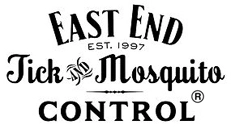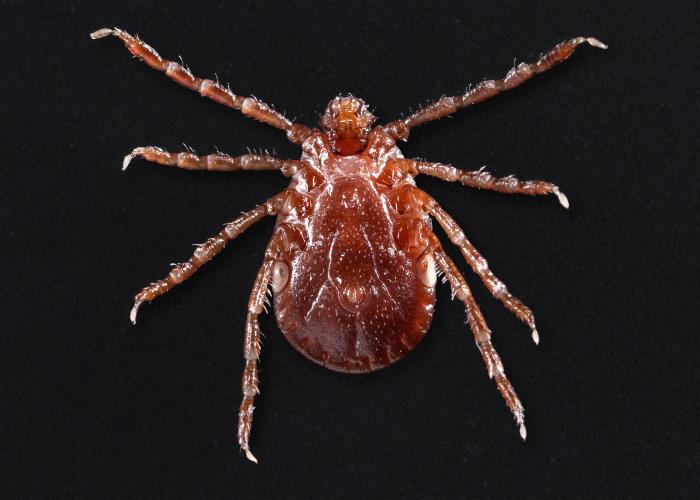There’s a new and potentially dangerous tick on the prowl. Keep your eyes out for the East Asian tick, also known as long-horned or bush tick. This new invasive tick was first spotted on a sheep farm in New Jersey and has since been found on Long Island. The Asian long-horned tick has the potential to infect people with a deadly disease called STFS, which stands for severe fever with thrombocytopenia syndrome.
Origin of the Asian Long Horned Tick
First identified in 2009 in China, SFTS has since killed 35 people in South Korea in 2013, and according to the CDC, between 6 and 30% of those infected with SFTS die. Thus far, the long-horned ticks are not identified as carriers of the virus, but research is ongoing. One of the scariest facts about the female Asian long-horned tick is that it can reproduce without mating. Scientists believe that it’s only a matter of time before they carry dangerous, and even fatal, viruses, and bacteria.
According to the CDC, the number of illnesses from tick-borne diseases has tripled over the past 12 years. “Zika, West Nile, Lyme disease, and chikungunya – a growing list of diseases caused by an infected mosquito, tick, or flea have confronted the U.S. in recent years. We don’t know what will threaten Americans next,” says the CDC. Warmer climates and changing weather are part of what has caused this exploding number of ticks, mosquitos, and fleas, scientists say. Climate change has also begun to greatly enlarge the geographical range where ticks are both active and dangerous.
Tick expert Brian Kelly of East End Tick & Mosquito Control®has stated the following regarding the Asian long-horned tick: “A new year brings new concerns. While there haven’t been any diseases detected in the Asian Long-horned tick as of yet, research is ongoing and the time to act is now.”
The CDC recommends taking the following steps if you think you have found an Asian long-horned tick:
- Remove ticks properly from people and animals as quickly as possible.
- Save the tick in rubbing alcohol and save in a jar or ziplock bag then take the following steps:
- Contact your health department about steps you can take to prevent tick bites and tick-borne diseases.
- Contact a veterinarian for information about how to protect pets from ticks and tick bites.
- Contact your state agriculture department or local agricultural extension office about ticks on livestock or for tick identification.
If you’re interested in learning more about the Asian longhorned tick, we suggest printing out the CDC’s “What you need to know about Asian longhorned ticks” fact sheet by visiting their website.
If you have ticks on your property or wish to schedule a preventative yard spray, give the experts at East End Tick & Mosquito Control® a call today. For those living near Southampton, please call (631) 287-9700. If you are closer to East Hampton, please call (631) 324-9700. And if you reside near Southold, please call (631) 765-9700. You can always email us as well.


